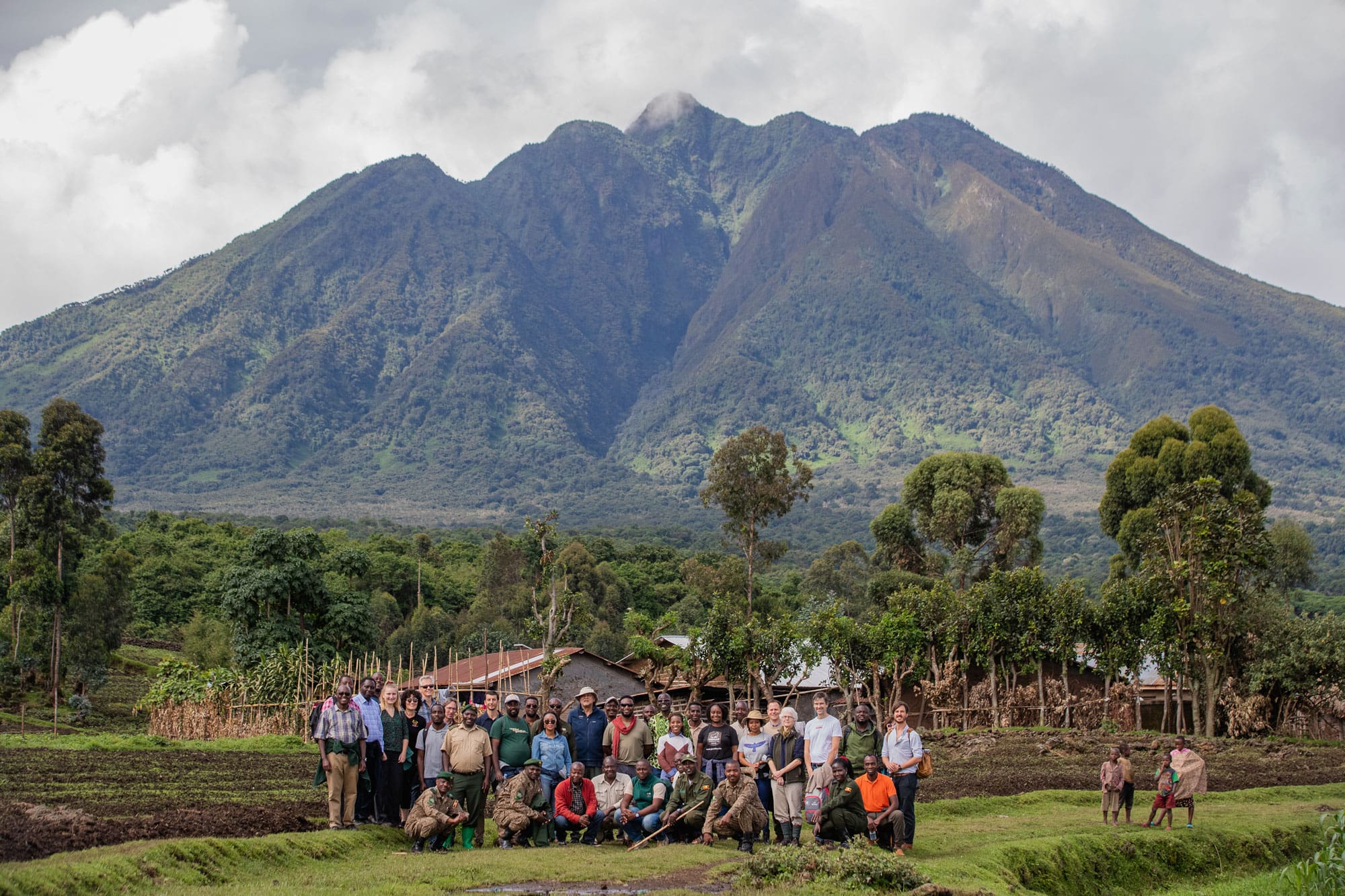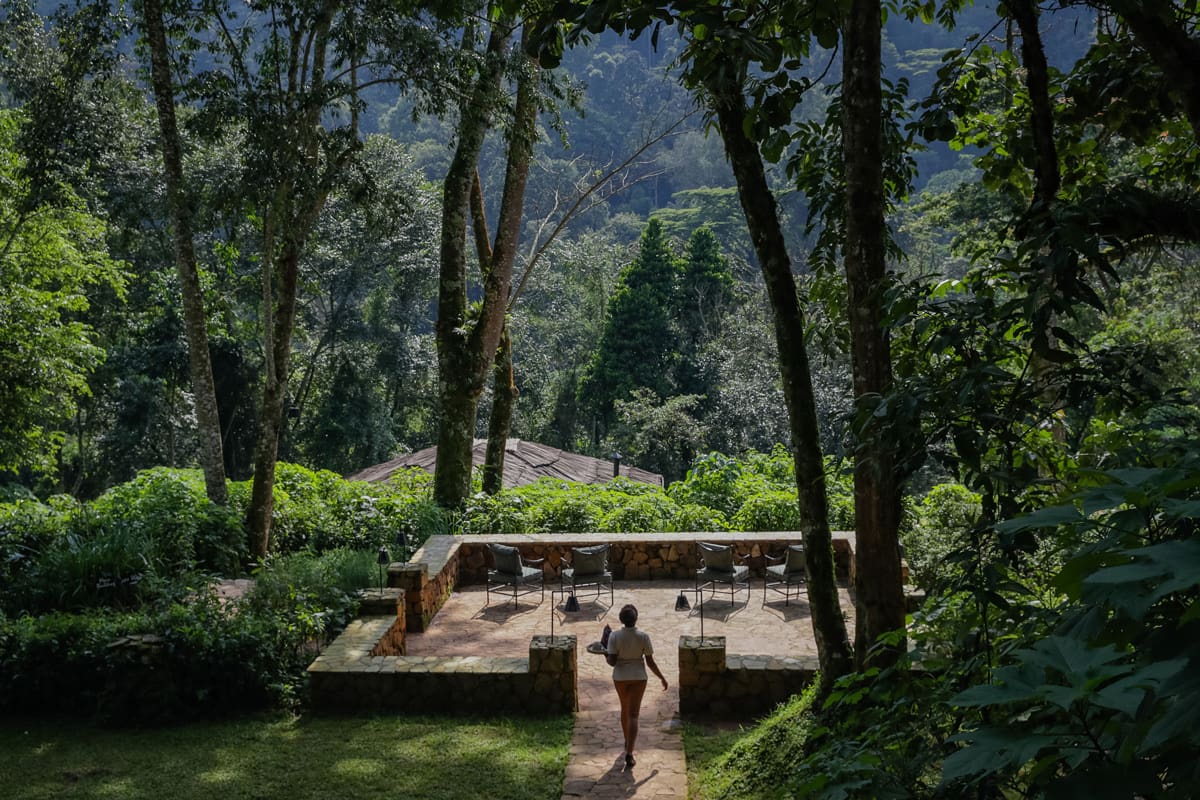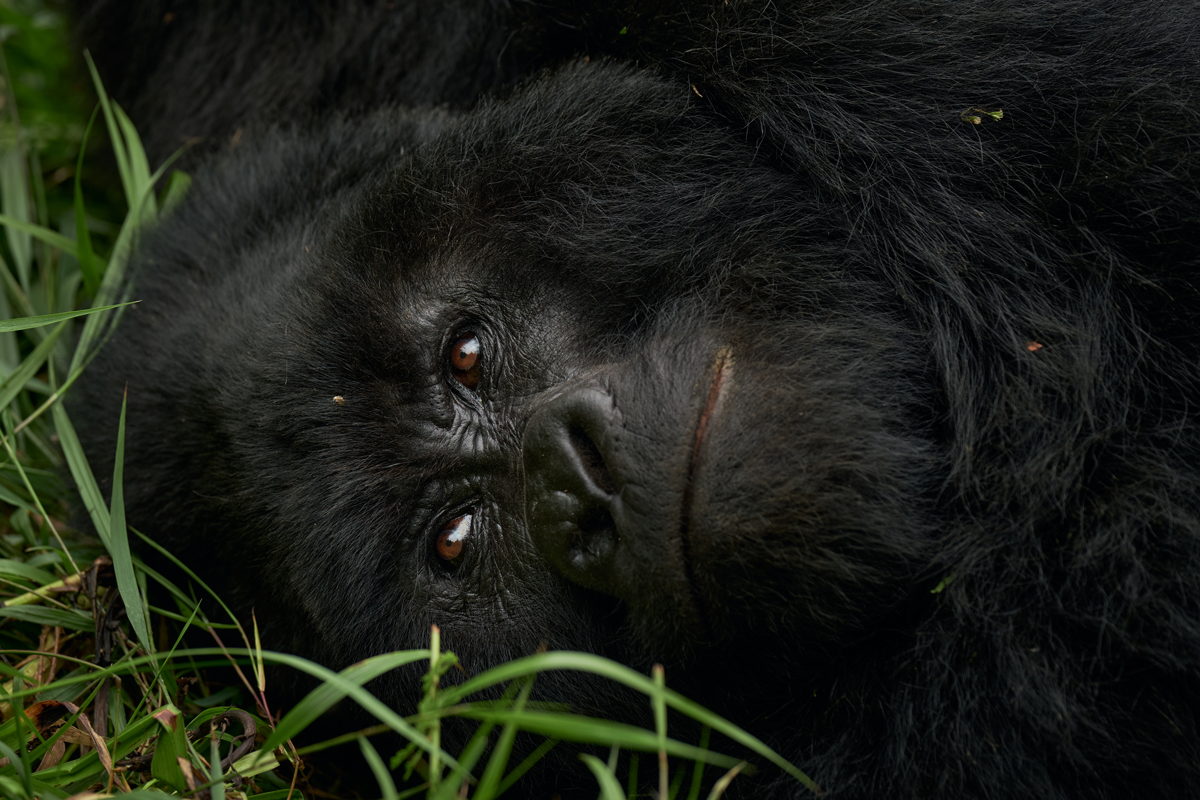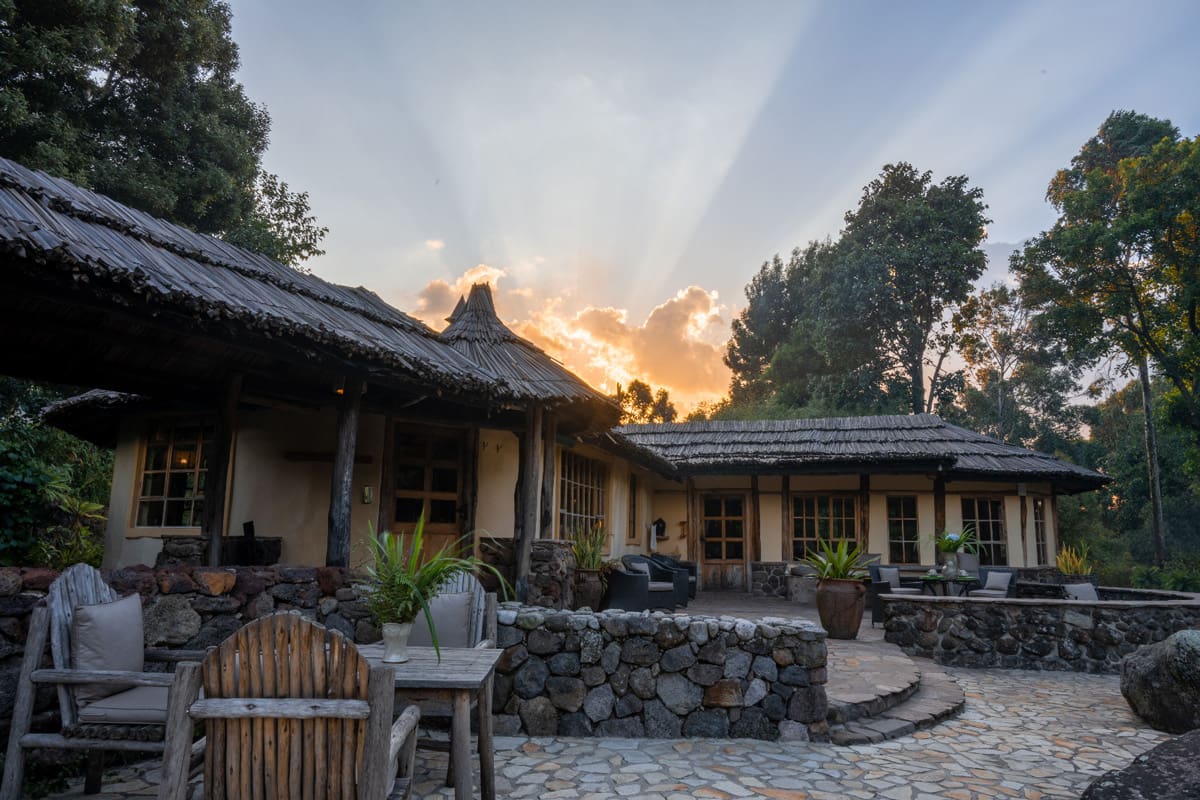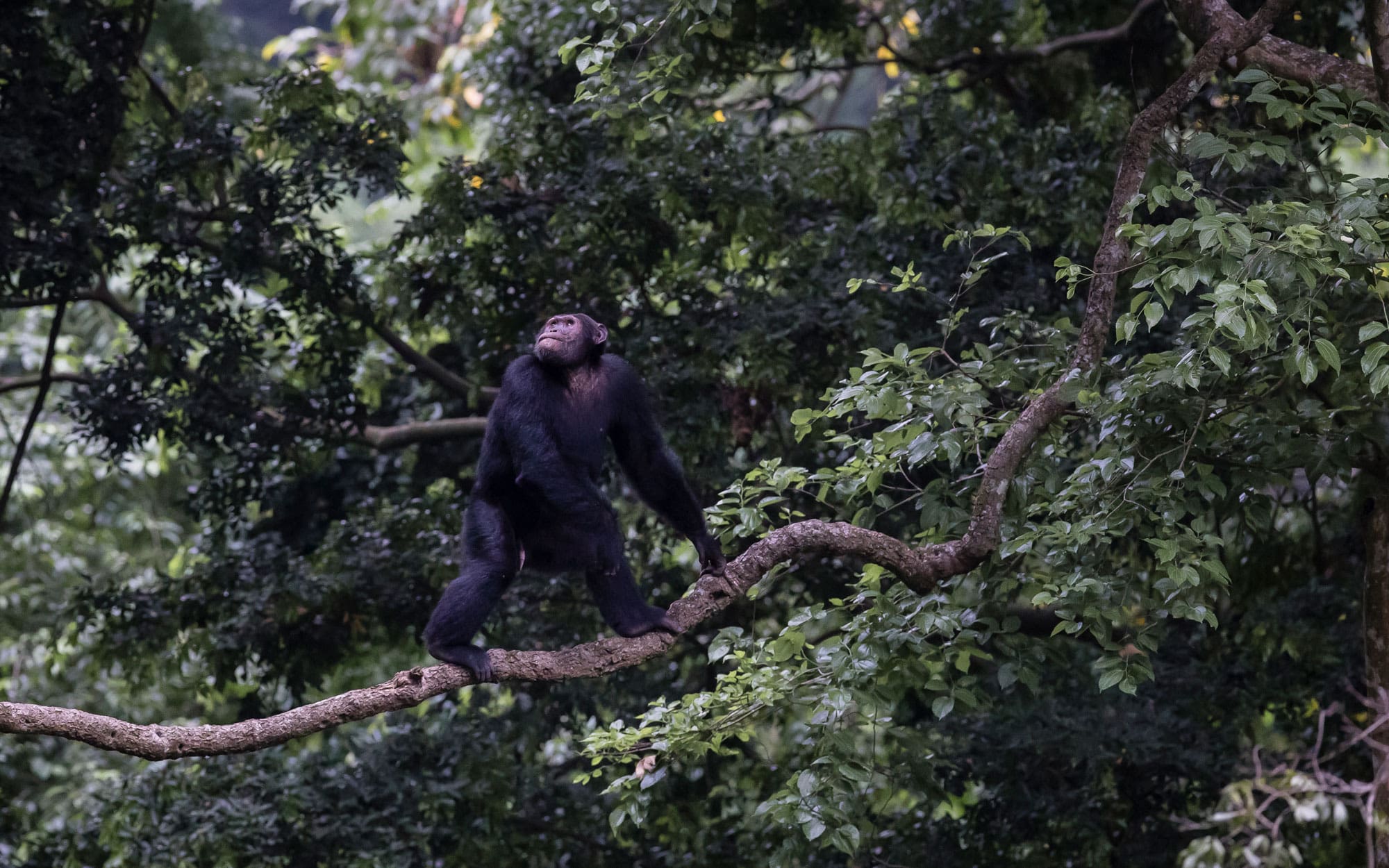
As part of a series of events to celebrate the 25th anniversary, Volcanoes Safaris was honoured to host an informal retreat to bring together different stakeholders involved in conservation and tourism in the Albertine Rift. The aim of the retreat was to help formulate new approaches of collaboration between the diverse sectors involved in conservation and galvanise collaborative action in priority areas.
Participants were drawn from conservation and animal health organizations, the national parks authority, tourism and lodge operators, PR experts, hospitality specialists, academics, and community organisations, to consider:
- What the stakeholders have learned from working in the Albertine Rift over past 25 years;
- What are the main challenges from 2022 to 2050 likely to be;
- What action can stakeholders collectively take to develop realistic strategies to help safeguard the future of the great apes and the protected areas.
The discussions included the protected areas from Murchison Falls in Northern Uganda to Kahuzi Biega in the DRC, with the focus being the core areas from Kibale to the Virungas.

We are grateful to the participants for their contribution to the various discussions, including:
Nelson Guma, Chief Warden of Uganda Wildlife Authority in Bwindi and Mgahinga; Dr. Gladys Kalema-Zikusoka, of Conservation Through Public Health; James Byamukama and Peter Apell from Jane Goodall Institute Uganda; and Jean-Paul Hirwa from Dian Fossey Gorilla Fund.
A number of conclusions were agreed:
- The Albertine Rift must be looked at as a whole, across Uganda, Rwanda and DRC and with a long-term vision.
- It is vital to maintain connectivity between the small islands of habitat.
- Transmission of disease between great apes and humans is a major risk. Veterinary care and technology need to be a key area to counter increased threat of disease.
- Conservation needs to be part of the economic mainstream.
- Local communities must benefit from conservation and tourism to have a stake in the future of great apes and protected areas.
- New business models for protected area management, including public private partnerships, must be actively considered if the protected areas are to be regarded as a business to produce an adequate return and benefit communities involved.
- The involvement of conservation organisations and the private sector needs to be developed further to bring their skills into protected area management. Long term involvement of researchers, new investment in parks, and business thinking and service delivery are important in sensitively developing natural resources and creating 'professional tourism products' for sale to visitors.
- Gorilla and chimpanzee tourism must be sensitive and controlled along the lines of the established protocols. Tourism protocols need to be strictly followed.
- Investing in conservation teaching for the next generation of young Africans is critical, to ensure that young people are educated and inspired to support conservation and tourism in the future.
The participants at the retreat agreed to form The Albertine Rift Conservation and Tourism Group to become an informal long-term advocacy network. The focus of the group is to take collaborative action or advocacy to deal with specific policy issues, threat to a particular species or a habitat or community issue.
Thank you to Johannes Refisch and Alastair McNeilage who kindly moderated the sessions.
Thank you to all the participants, organizers and Volcanoes Safaris staff for being part of this retreat. We look forward to meeting again soon.
Volcanoes Safaris
November 2022
